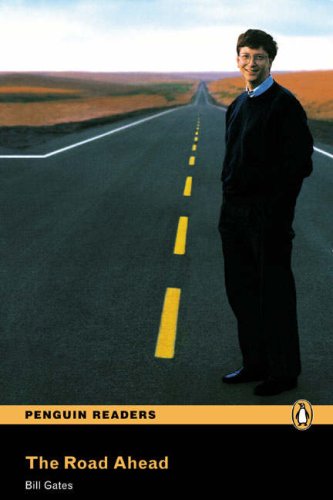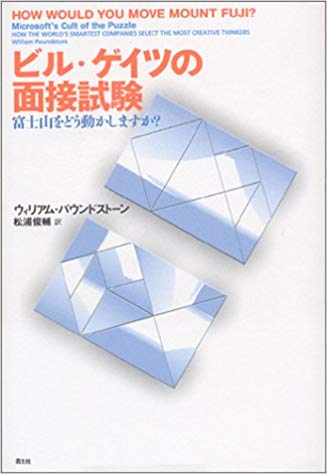No.10
CA: So, in vaccines and polio and so forth, you’ve had some amazing successes. What about failure, though? Can you talk about a failure and maybe what you’ve learned from it?
BG: Yeah. Fortunately, we can afford a few failures, because we’ve certainly had them. We do a lot of drug work or vaccine work that you know you’re going to have different failures. Like, we put out, one that got a lot of publicity was asking for a better condom. Well, we got hundreds of ideas. Maybe a few of those will work out. We were very naïve, certainly I was, about a drug for a disease in India, visceral leishmaniasis, that I thought, once I got this drug, we can just go wipe out the disease. Well, turns out it took an injection every day for 10 days. It took three more years to get it than we expected, and then there was no way it was going to get out there. Fortunately, we found out that if you go kill the sand flies, you probably can have success there, but we spent five years, you could say wasted five years, and about 60 million, on a path that turned out to have very modest benefit when we got there.
CA: You’re spending, like, a billion dollars a year in education, I think, something like that. Is anything, the story of what’s gone right there is quite a long and complex one. Are there any failures that you can talk about?
MG: Well, I would say a huge lesson for us out of the early work is we thought that these small schools were the answer, and small schools definitely help. They bring down the dropout rate. They have less violence and crime in those schools. But the thing that we learned from that work, and what turned out to be the fundamental key, is a great teacher in front of the classroom. If you don’t have an effective teacher in the front of the classroom, I don’t care how big or small the building is, you’re not going to change the trajectory of whether that student will be ready for college. (Applause)
ボキャブラリー
CA: So, in vaccines and polio and so forth, you’ve had some amazing successes. What about failure, though? Can you talk about a failure and maybe what you’ve learned from it?
BG: Yeah. Fortunately, we can afford a few failures, because we’ve certainly had them. We do a lot of drug work or vaccine work that you know you’re going to have different failures. Like, we put out, one that got a lot of publicity was asking for a better condom. Well, we got hundreds of ideas. Maybe a few of those will work out. We were very naïve, certainly I was, about a drug for a disease in India, visceral leishmaniasis, that I thought, once I got this drug, we can just go wipe out the disease. Well, turns out it took an injection every day for 10 days. It took three more years to get it than we expected, and then there was no way it was going to get out there. Fortunately, we found out that if you go kill the sand flies, you probably can have success there, but we spent five years, you could say wasted five years, and about 60 million, on a path that turned out to have very modest benefit when we got there.
CA: You’re spending, like, a billion dollars a year in education, I think, something like that. Is anything, the story of what’s gone right there is quite a long and complex one. Are there any failures that you can talk about?
MG: Well, I would say a huge lesson for us out of the early work is we thought that these small schools were the answer, and small schools definitely help. They bring down the dropout rate. They have less violence and crime in those schools. But the thing that we learned from that work, and what turned out to be the fundamental key, is a great teacher in front of the classroom. If you don’t have an effective teacher in the front of the classroom, I don’t care how big or small the building is, you’re not going to change the trajectory of whether that student will be ready for college. (Applause)
and so forth: その他、〜など (= and so on, etc., & c.)
amazing: a. すばらしい、驚くほどよい;びっくりするような
failure: n. 失敗,不成功;落第、不出来、障害
put out: 出す、生み出す、生産する、公開する
publicity: n. 注目,評判、知名度
work out: うまくいく、いい結果が出る
naive: a. 世間知らずの、単純な、だまされやすい、お人好しの;浅はかな
visceral: a. 内蔵の、腸の
leishmaniasis: n. リーシュマニア症《リーシュマニア原虫が吸血昆虫サシチョウバエを介して人や犬などの体内に侵入し起こる感染症》
wipe out:〈場所人など〉を全滅させる;〈人〉を殺す;〈疫病犯罪など〉を根絶する
turn out: 結局〜であることが分かる、結局〜になる、〜ということが分かる
injection: n. 注射
find out: 見いだす、発見する、解明する;気がつく
sand fly: n. サシチョウバエ《吸血し、種類によってはリーシュマニア症の病原菌を運ぶチョウバエ科(Psychodidae)の小形のハエ》
modest: a. ささやかな、少量の;控えめな;質素な;謙虚な
complex: a. 複雑な、複合の、込み入った、手間のかかる
help: vi. 役に立つ、助けになる
bring down: 下げる、減らす、低くする、減少させる
dropout: n. 中退(者)、脱落者、おちこぼれ
rate: n. 割合、比率
dropout rate: 中退率
fundamental: a. 基本的な、基礎の、抜本的な、必須の
trajectory: n. [人生などの]軌跡,通り道;軌道,軌跡
解説
ビル・ゲイツが支援する次世代コンドーム開発については以下のサイトを参考にして下さい。
1. http://gigazine.net/news/20140610-next-generation-condom/
3. http://www.grandchallenges.org/Explorations/Topics/Pages/NextGenerationCondomRound11.aspx


